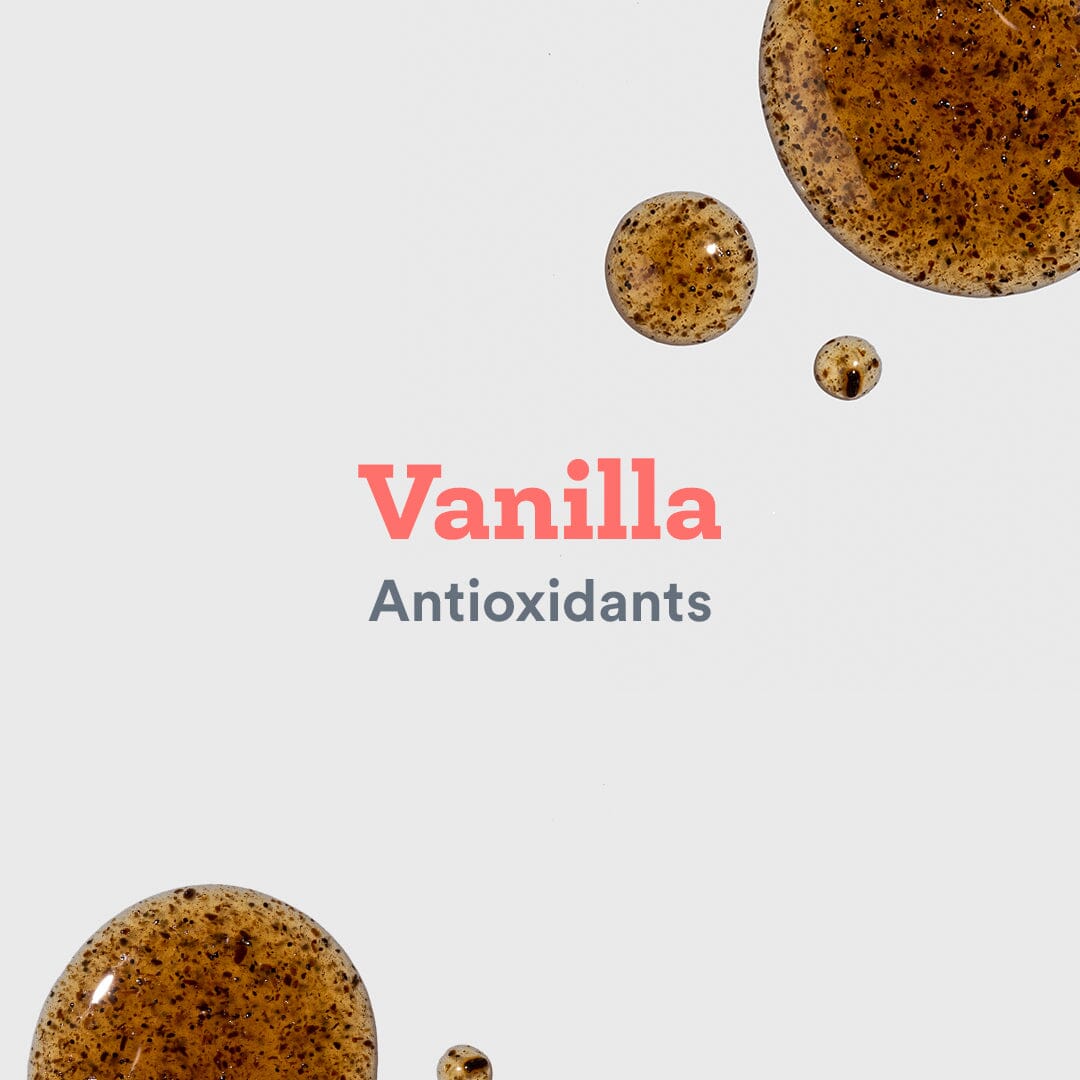
Scientific/Latin name: Vanilla planifolia
Also known as: Mexican, Bourbon or Madagascar vanilla, or Vanilla tahitensis, known as Tahitian vanilla
Native to: South and Central America and the Caribbean
Parts used: Both the pod and the seeds
Top benefits: Antioxidant Rich

Vanilla. More than just a popular ice cream flavor
Vanilla is the cured, full grown, unripe fruit of Vanilla planifolia, often known as Mexican, Bourbon or Madagascar vanilla, or Vanilla tahitensis, known as Tahitian vanilla. The plant which produces vanilla bean is an orchid, native of the tropical forests of Mexico, but now grown in many other parts of the globe, including Madagascar, Costa Rica, Guatemala, Tahiti, Indonesia, Sri Lanka and India.
Vanilla is not an easy crop to grow, and requires very specific conditions to flower and thrive. As a result of these growing requirements, weather patterns that do not always cooperate and a long growth period (8-9 months after flowering), it’s quite an expensive herb. In fact, global shortages have been experienced in recent years.
Vanillin, an organic compound, is the primary chemical constituents extracted from vanilla pods. It has been shown to have several biological activities, including antioxidant, liver-protective and antitumor.

Health Benefits of Vanilla Bean
Antioxidants
Numerous animal and cell model studies have demonstrated Vanillin’s antioxidant activity. Antioxidants have been shown to help protect against various metabolic diseases, heart disease, brain disorders and age-related syndromes, as they help the body combat cellular damage caused by free radicals (reactive chemicals containing oxygen).
In animal models, vanillin has been shown to have liver-protective effects via multiple mechanisms, suggesting its antioxidant and anti-inflammatory effects. Pretreatment with vanillin prior to induced liver toxicity significantly prevented the decrease of protein synthesis, inhibited oxidation of fat, and reduced the depletion of activity of key antioxidants in the liver, including superoxide dismutase (SOD) and glutathione, reduced the expression of inflammation-causing molecules, and prevented liver cell damage and death.
In another study, in which cells were induced with oxidative injury, ethyl vanillin, an analog of vanillin isolated from vanilla beans, was similarly shown to restrain cell death, alleviate oxidation of fat and partially reversed the depletion of activity of key antioxidants, including SOD and glutathione.
The health research presented in this article is for informational use only. It is not a replacement for professional health advice and should not be construed as a recommendation of specific products. The products sold on this website are not intended to diagnose, treat, cure, or prevent any disease. This information does not provide dosage or format recommendations or possible drug interactions, and accordingly, should be used with the advice of a qualified health care practitioner.
